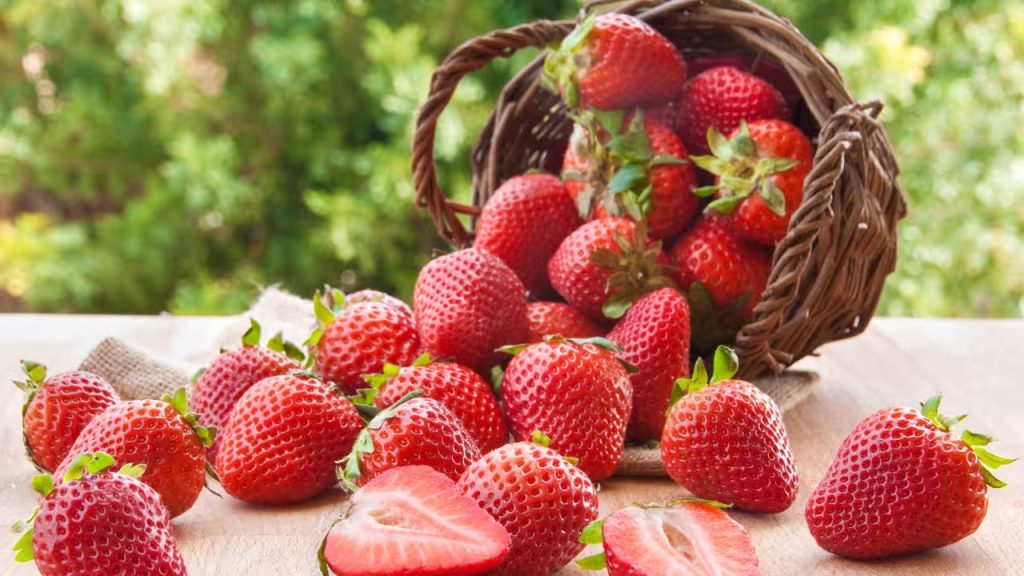Strawberries are one of the most popular fruits out there. Yes, some people dislike the taste or have problems with the texture, but for many more, they represent the sweetness of summer – a sweetness made all the greater because they’re so fragile and short-lived. They’re also, like most berries, full of nutritional benefits, as new studies continue to indicate (https://longevity.technology/lifestyle/strawberries-enhancing-brain-function-and-lowering-blood-pressure-with-natures-superfruit/).
Your average strawberry is actually 91% water, but it still fits a lot of different nutrients in the remaining 9%. There are carbohydrates from the sugar, and a little bit of protein. When it comes to vitamins and minerals, so often densely packed in fruit, there’s a lot of vitamin C and a fair amount of manganese. The oil in the seeds includes some essential fatty acids.
Of course, it’s one thing to measure the nutritional content of a strawberry and another to be able to assess exactly how it impacts the human body. Enter San Diego State University, and in particular, Professor Shirin Hooshmand. She’d read previous studies suggesting that strawberries could slow the cognitive decline that humans often experienced with age and wanted to investigate further.
Her study involved 35 participants, both male and female, all aged between 66 and 78. Some consumed a daily 26-gram serving of freeze-dried strawberries, roughly the equivalent in content to two fresh strawberries, while others consumed the same amount of a control powder. This lasted eight weeks.
Of course, 35 participants and eight weeks aren’t enough to determine conclusively how strawberries affect the billions of people in the world, but the results were informative. First, they showed a 5.2% increase in participants’ cognitive processing speed. There was also a 10.2% improvement in antioxidant capacity and a 3.6% reduction in systolic blood pressure (the first of the two readings in standard blood pressure measurements).
These results aren’t entirely surprising. The researchers were already expecting the cognitive improvements, and antioxidant capacity has long been linked to vitamin C, one of the top vitamins in strawberries. Still, it’s always good to support theories with evidence. It serves as a starting point for further research and can reassure your dietary planning.
Eating healthily means balancing lots of different nutrients, and it seems strawberries can be an important part of that. It turns out they’re not just about the delicious taste!




